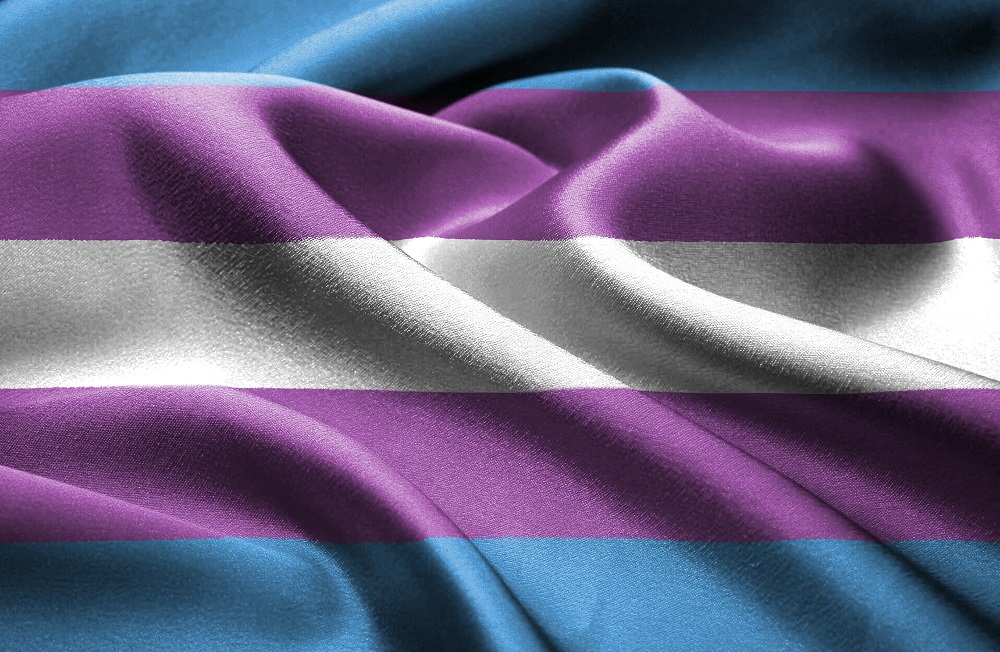By Alyssa Bravo
Posted on December 17, 2021
Why we need to include the trans and nonbinary community in the GBV conversation
TW: This article contains mentions of sexual violence.

As the fight against gender-based violence (GBV) continues, it is important to address how much this issue has affected the transgender and nonbinary community.
The topic of GBV is typically focused on the experiences of cisgender, heterosexual women, while the experiences of transgender and nonbinary individuals are excluded altogether from the conversation. However, trans and nonbinary people are also disproportionately represented as victims of GBV.
In 2020, Statistics Canada revealed that transgender Canadians are more likely to have experienced violence since the age of 15. They are also more likely to experience inappropriate behaviours in public, online and at work than cisgender Canadians. Additionally, it was found that transgender Canadians are more likely to experience mental health struggles and consider suicide than cisgender individuals.
In an article published in the journal Trauma, Violence, & Abuse, it is said that “those who perpetrate violence against trans populations often target gender non-conformity, gender expression or identity, and perceived sexual orientation and thus these forms of violence should be considered within broader discussions of GBV.”
Any form of violence, especially GBV, tends to target those who have been “othered” by society: those within the LGBTQ2+ community, racialized people, people experiencing poverty, as well as people with disabilities. Those with intersecting descriptives are particularly affected, such as transgender or nonbinary Canadians of colour.
According to a 2020 study conducted by Trans Pulse Canada, racialized transgender or non-binary Canadians are more likely to experience violence than white trans or non-binary Canadians. The study observed data from more than 2870 transgender participants and found that one in three racialized respondents had been sexually assaulted since 2014. Additionally, the study revealed that 72 per cent of racialized respondents were verbally harassed, 49 per cent were sexually assaulted, 41 per cent were physically threatened and 23 per cent experienced physical violence.
The same study also addresses how transgender and nonbinary Canadians of colour show a general distrust for the police and the legal system. Seventy-three per cent of racialized respondents revealed that they have worried about being stopped or harassed by authorities, and 24 per cent of racialized participants avoided calling emergency services after their abuse, a significantly higher number than non-racialized participants.
“Trans women often are too afraid to go to the police if they’re getting harassed or assaulted because there’s a historical problem with police violence against trans people, especially trans people of colour,” said PhD candidate at Carleton University’s department of sociology and anthropology Abigail Curlew in an interview with CTV News.
The fear of harassment has prevented transgender and nonbinary individuals from seeking the help and care that they need. This is also evidenced in medical services, where trans and nonbinary people are also susceptible to mistreatment.
“Despite Canada’s universal health care system, transgender (trans) and non-binary people experience challenges in accessing primary, emergency, and gender-affirming health care,” another study by Trans Pulse Canada revealed.
This study, which analyzed the healthcare experiences of Canada’s trans community, showed that approximately 80 per cent of their 2973 trans and nonbinary respondents had access to a primary care provider. However, 45 percent said that they had one or more unmet healthcare needs in the past year. In addition to this, due to their trans or nonbinary identities, 12 percent of respondents said that they had avoided going to the emergency room in the past year despite needing urgent care.
In an interview with CTV News, Tasmeen Persad, the trans program coordinator at the 519 Church Street Community Centre in Toronto, said that including transgender and nonbinary people in the conversations about gender-based violence is extremely crucial to preventing further cases.
“Communities are stronger when we include everyone. We need to think about that and think about historical factors that have brought us to where we are today,” said Persad.

